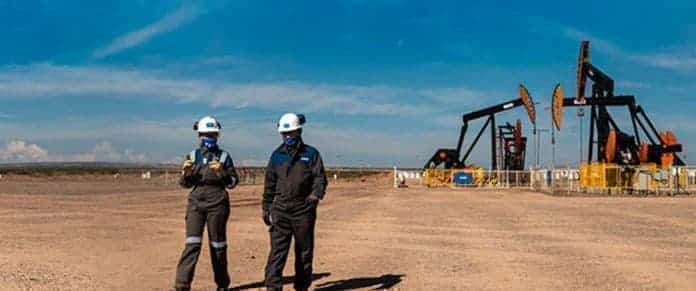
Argentina’s market deregulation efforts are expected to raise the energy investments in the country by about $2.5 billion to $15 billion next year.
Argentina will need about $58 billion worth of new or upgraded pipelines, processing plants, and export terminals to ship the rising oil and natural gas production in Vaca Muerta.
The so-called Large Investment Incentive Regime – or RIGI, by its Spanish initials – is offering tax breaks and other incentives for major investors in the South American country.
Meanwhile, Argentina has been posting monthly energy trade surpluses this year and is on track to book a rare surplus in energy trade for the full year 2024.
But to bring more of this energy to foreign markets, companies operating in Argentina will need to mobilize private investment in energy infrastructure, especially natural gas pipelines out of Vaca Muerta, since the government – at least this government – isn’t financing projects anymore.
Private investors will look to see what happens with the foreign currency controls in Argentina before racing to commit billions of U.S. dollars into energy projects.
Companies will need long-term stability in Argentina as they would be averse to frequent changes in fiscal and market regulations. Case in point: the UK North Sea, where operators are quitting or threatening to leave amid unpredictable and often-changing regulatory framework.Argentina’s market deregulation efforts are expected to raise the energy investments in the country by about $2.5 billion to $15 billion next year.
Argentina will need about $58 billion worth of new or upgraded pipelines, processing plants, and export terminals to ship the rising oil and natural gas production in Vaca Muerta.
The so-called Large Investment Incentive Regime – or RIGI, by its Spanish initials – is offering tax breaks and other incentives for major investors in the South American country.
Meanwhile, Argentina has been posting monthly energy trade surpluses this year and is on track to book a rare surplus in energy trade for the full year 2024.
But to bring more of this energy to foreign markets, companies operating in Argentina will need to mobilize private investment in energy infrastructure, especially natural gas pipelines out of Vaca Muerta, since the government – at least this government – isn’t financing projects anymore.
Private investors will look to see what happens with the foreign currency controls in Argentina before racing to commit billions of U.S. dollars into energy projects.
Companies will need long-term stability in Argentina as they would be averse to frequent changes in fiscal and market regulations. Case in point: the UK North Sea, where operators are quitting or threatening to leave amid unpredictable and often-changing regulatory framework.
November 23, 2024
SOURCE: OIL PRICE
Foreign Investors Await Currency Reforms to Tap Argentina’s Shale Wealth
